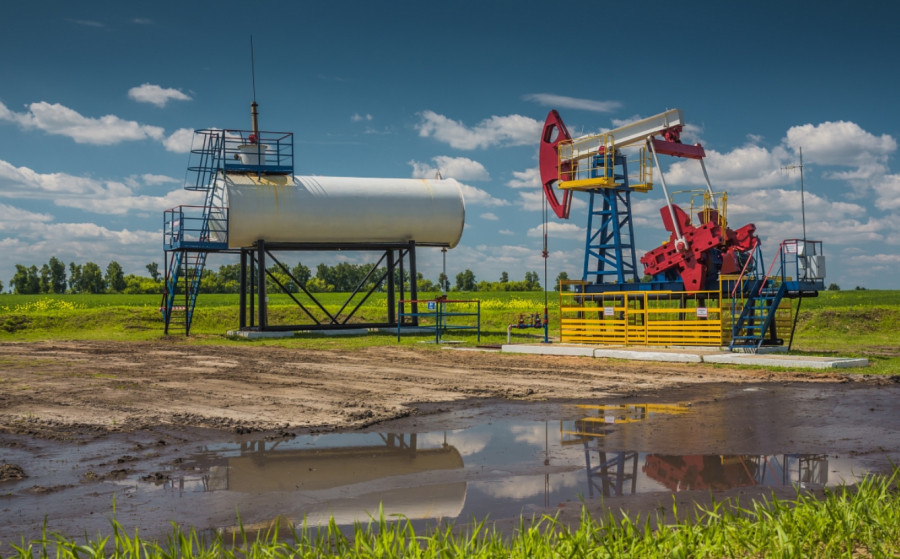
Oil prices were up and down on Wednesday afternoon. The West Texas Intermediate (WTI) for May delivery was trading at $73.39 a barrel, up 0.36% on the New York Mercantile Exchange.
Oil prices have been hit especially hard by the banking crisis - falling all of 13% two weeks ago. However, last week ended with the price rising by about 3%.
Oil prices were also moving up on Tuesday. The market, obviously, overestimated the prospects amid a decline of exports from Iraq's Kurdistan and considering the dynamics of stocks in the United States. The activity of M&A in the US banking sector was also extremely positive.
Recall that oil pumping from Kurdistan through the Kirkuk-Ceyhan pipeline was suspended. It means that 370 million barrels a day of oil from Kurdistan and another 75,000 from the fields of northern Iraq simply would not come to the world market. And it's all about the International Chamber of Commerce, which decided that the supply of this oil is illegal.
It is clear that oil prices benefit from this supply cut in light of an already tight market. However, we don't know how long the Kurdish supply will stop.
Meanwhile, strikes are ongoing in France, leading to the shutdown of some major refineries, in particular the TotalEnergies plant in Gonfreville-l'Orcher, which processed 240,000 barrels of oil a day. And on Monday, the strike at the refinery was extended for another three days, which created a temporary but very negative impact on crude oil consumption in the European Union. At the same time, problems with fuel availability at gas stations are worsening in France, adding to the already significant pressure on consumers' costs.
Meanwhile, a weekly review by the Energy Information Administration of the U.S. Department of Energy reported that the country's commercial oil inventories fell by 7.5 million barrels, or 1.6%, last week.
According to the terms of the OPEC+ agreement, the allowed production level for Russia in February was 10.478 million bpd. In other words, Russia did not produce about 537,000 bpd in the reporting month in order to reach its full production quota.
Since December 5, oil sanctions came into force, according to which the European Union does not accept the Russian oil, which is transported by sea. In addition, the G7 countries, Australia and the European Union imposed a price cap on Russian oil transported by sea at $60 per barrel, and more expensive oil can no longer be transported and insured. Russia, in response to such measures, banned from February 1 to supply oil to foreign parties if the contracts directly or indirectly provide for the use of the marginal price fixing mechanism.
The material has been provided by InstaForex Company - www.instaforex.comfrom Forex analysis review https://ift.tt/ZDPW9n5
via IFTTT
